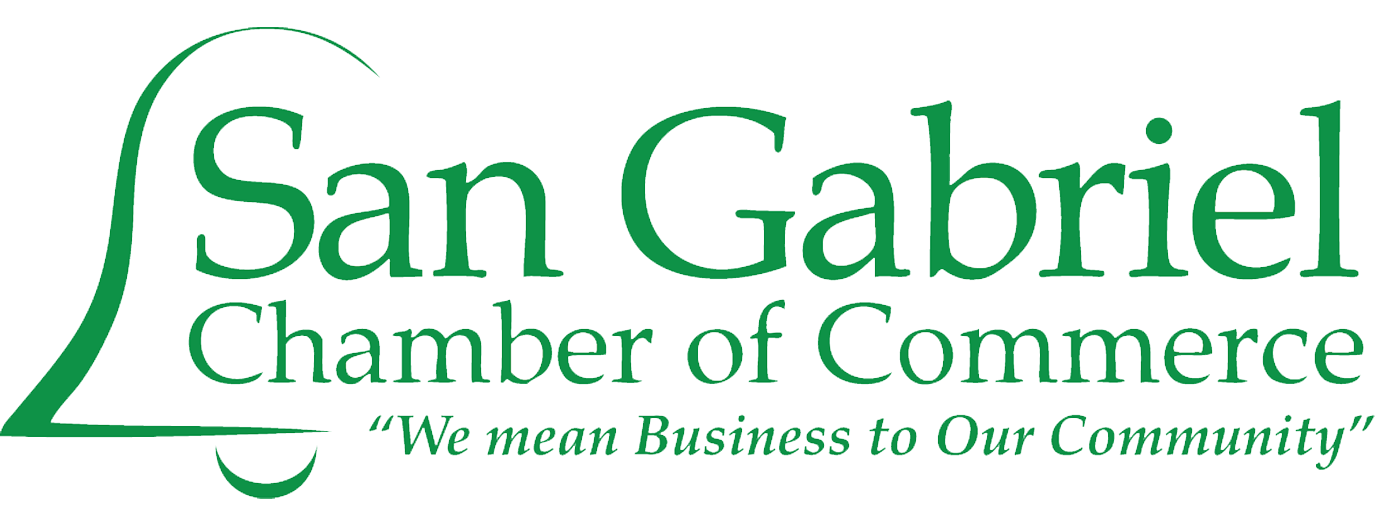Coming home from the hospital isn’t always the final chapter—it’s often the beginning of a whole new one. Whether it was a surgery, illness, or a sudden fall, recovery doesn’t stop the moment you’re wheeled out of your hospital room. So the big question is: What’s next?
For many seniors and their families, assisted living becomes a bridge between hospital care and fully independent living. But is it the right choice after a hospital discharge?
Let’s break it down together and uncover how communities like Trinity Hills Estates provide the perfect blend of rehab support, peace of mind, and dignity in that crucial phase of recovery.
Understanding the Post-Hospital Transition
The Recovery Doesn’t End at Discharge
Hospitals are designed to treat acute issues—not to offer long-term support. Once stabilized, patients are discharged to continue healing elsewhere. But for seniors, going straight home isn’t always safe—or practical. That’s where transitional care steps in.
Why Transitional Care Matters
The weeks following a hospital stay can be tricky. Your body is healing, your strength is rebuilding, and your mobility may be limited. You may need help with medication management, physical therapy, or even basic daily tasks. It’s not just about surviving—it’s about recovering well.
What Is Assisted Living, Really?
It’s Not a Nursing Home
Let’s clear the air: assisted living isn’t a nursing home. It’s not sterile. It’s not rigid. It’s a supportive, home-like environment where older adults get help with daily living while still enjoying freedom and dignity.
Where Help Meets Independence
Assisted living communities like Trinity Hills Estates offer personalized support—things like bathing, dressing, mobility assistance, medication reminders, and nutritious meals—while encouraging independence wherever possible.
Signs You Might Need Assisted Living After Discharge
You’re Not Safe Living Alone
If getting out of bed feels like a challenge or stairs seem like Mount Everest, living alone might not be the best idea—at least for now. Assisted living provides a safe, accessible environment tailored to post-hospital needs.
You Need Help With Medications
Post-hospital recovery often involves a cocktail of prescriptions. Taking the right dose at the right time is critical. Assisted living staff make sure nothing slips through the cracks.
Therapy and Rehab Are Still Ongoing
Whether it’s physical, occupational, or speech therapy, many assisted living communities (like Trinity Hills Estates) offer on-site therapy or easy access to nearby rehab specialists.
Assisted Living vs. Skilled Nursing After Discharge
Not All Care Levels Are the Same
While skilled nursing facilities (SNFs) are more clinical and meant for higher-level medical needs, assisted living is ideal for those who are stable but still need daily support and ongoing recovery care.
When Assisted Living Makes More Sense
If your loved one doesn’t need 24/7 medical monitoring but can’t safely live alone just yet, assisted living offers that perfect middle ground—a blend of comfort, support, and independence.
How Assisted Living Supports Rehabilitation
Daily Routines That Promote Recovery
Consistent schedules, nutritious meals, gentle exercise, and mental stimulation all play a role in healing. Trinity Hills Estates is structured to encourage wellness in every form.
On-Site and Partnered Therapy Services
Many boutique assisted living communities partner with local therapists or host therapy sessions on-site. That means residents don’t need to travel far—or at all—to get the help they need.
Emotional Support During the Healing Journey
More Than Just Physical Recovery
Healing isn’t just about bones and muscles—it’s about confidence, companionship, and emotional well-being. Being surrounded by caring staff and friendly neighbors speeds up the recovery process in surprising ways.
Preventing Post-Hospital Depression
It’s not uncommon for seniors to feel isolated or depressed after a hospital stay. Assisted living helps combat that by offering social engagement, wellness programs, and a warm, welcoming environment.
Peace of Mind for Families
You’re Not Alone in This
Caring for a recovering loved one at home can be overwhelming. With assisted living, families can rest easier knowing their parent or partner is in a supportive and safe setting.
Professional Care, Personal Touch
At Trinity Hills Estates, the care team works closely with residents and families to create recovery plans that feel personal, flexible, and effective.
Cost Considerations: Is Assisted Living Affordable Post-Discharge?
Understanding the Value
While assisted living has a monthly cost, it can often be more cost-effective than hiring in-home care, especially when you factor in meals, utilities, safety features, and daily support.
Short-Term Stays Are an Option
Some assisted living communities offer respite or short-term stays—perfect for transitional care after hospital discharge. Think of it as a “recovery retreat” before heading home full-time.
Custom Care Plans at Trinity Hills Estates
Tailored to You, Not the Masses
No two recoveries are the same. Trinity Hills Estates creates personalized care plans that reflect the resident’s unique health history, physical needs, and lifestyle preferences.
Flexible and Responsive Support
As recovery progresses, care needs may change. The team at Trinity Hills Estates checks in regularly and adjusts support as needed—no red tape, just real-time help.
Community, Not Confinement
Life Continues After Discharge
Trinity Hills Estates isn’t just a place to recover—it’s a place to live. Residents can participate in social events, wellness classes, and hobbies that bring joy and purpose back into their lives.
A Place to Thrive, Not Just Heal
Recovery doesn’t have to be boring or isolating. At Trinity Hills Estates, residents find new friendships, rediscover old passions, and often leave stronger than ever.
How to Talk About Assisted Living With a Loved One
Start With Empathy
These conversations can be tough. Focus on how assisted living supports independence and health—don’t make it sound like a punishment or a downgrade.
Visit Together
Take a tour of Trinity Hills Estates with your loved one. Let them see the cozy rooms, meet the friendly staff, and taste the fresh food. It’s way easier to say “yes” when they see what’s waiting for them.
When Is the Right Time to Decide?
Timing Is Everything
The best time to decide isn’t after something bad happens—it’s when recovery needs become clear. Waiting too long can risk falls, medication errors, or slowed progress.
Work With the Hospital Discharge Planner
Hospitals often have discharge coordinators or social workers who can help connect you with communities like Trinity Hills Estates. Don’t hesitate to ask for their help.
Why Trinity Hills Estates Is a Smart Choice
Boutique-Style Transitional Care
With its small-home feel and personalized care, Trinity Hills Estates offers a seamless recovery experience that never feels clinical or cold.
A Community That Feels Like Family
From the moment you walk in, you’re welcomed like one of their own. The staff knows your name, your preferences, and your story—and they’re with you every step of the way.
Conclusion: The Bridge Between Hospital and Home
So, is assisted living the right choice after hospital discharge? For many seniors, absolutely. It’s the perfect halfway house between the sterile walls of a hospital and the freedom of living at home. With daily support, ongoing therapy, and emotional encouragement, assisted living at Trinity Hills Estates offers the tools—and the heart—to help you recover with dignity.
Whether it’s for a short stay or a longer-term solution, choosing the right place for recovery can make all the difference. If you’re at that crossroads, know that a warm, professional community is waiting with open arms.
FAQs About Assisted Living After Hospital Discharge
Can I move into assisted living temporarily after a hospital stay?
Yes! Many communities offer short-term or respite stays specifically designed for post-hospital recovery. It’s a great way to heal safely before heading back home.
Will I still see my doctors and therapists if I move into assisted living?
Absolutely. Most assisted living facilities coordinate with your medical team and can even arrange transportation to appointments or host therapists on-site.
How do I know if assisted living is better than going home with in-home care?
If your needs go beyond a few hours a day—like meals, bathing, mobility help, or therapy—assisted living often offers more comprehensive and consistent support.
Is Trinity Hills Estates equipped for post-surgical recovery?
Yes. Trinity Hills Estates specializes in personalized transitional care, offering support services tailored to your recovery needs, including coordination with therapists and medical professionals.
What should I bring with me if I move in after discharge?
Bring the essentials: comfy clothes, toiletries, your medications, and anything that makes your space feel like home—photos, a favorite blanket, even your own coffee mug!





